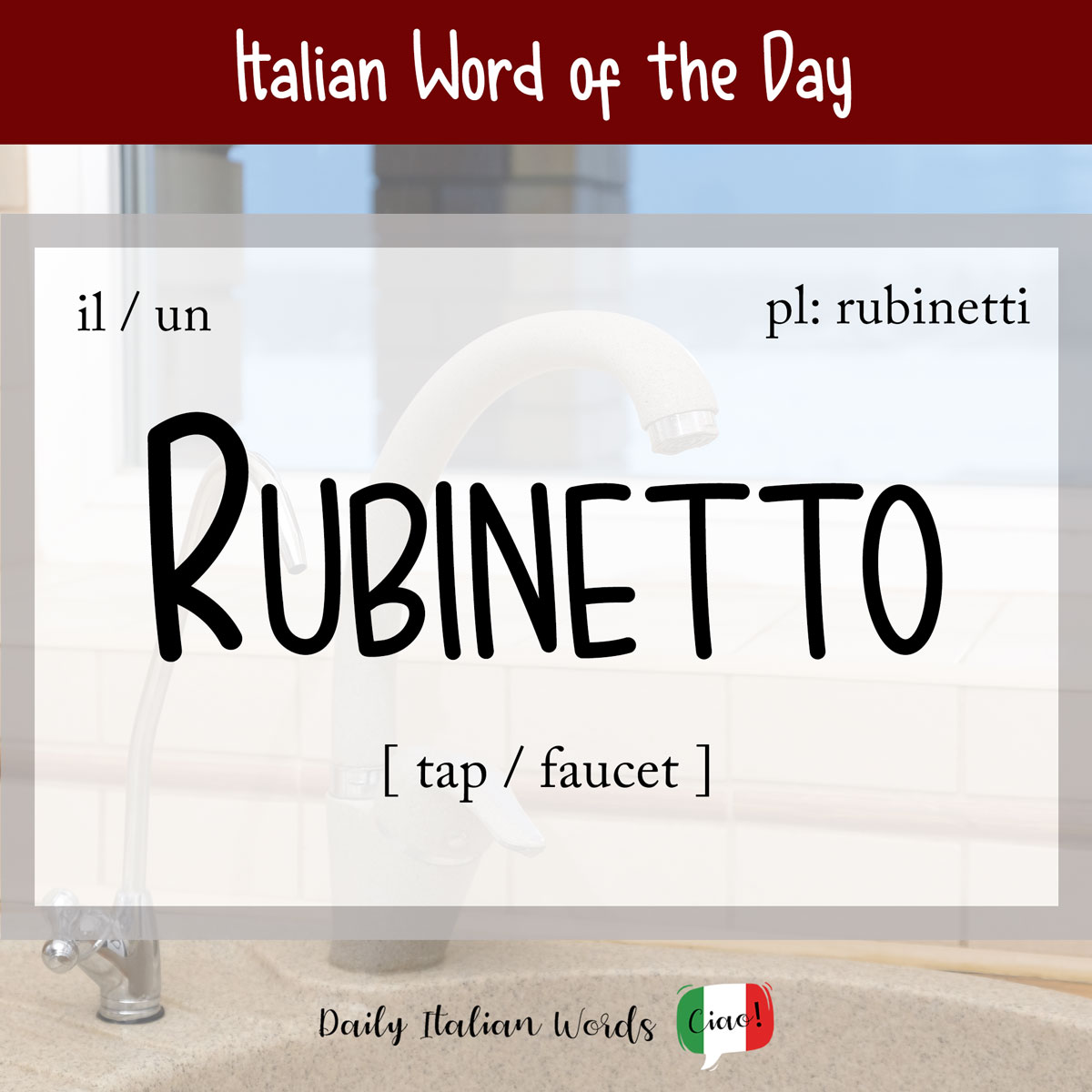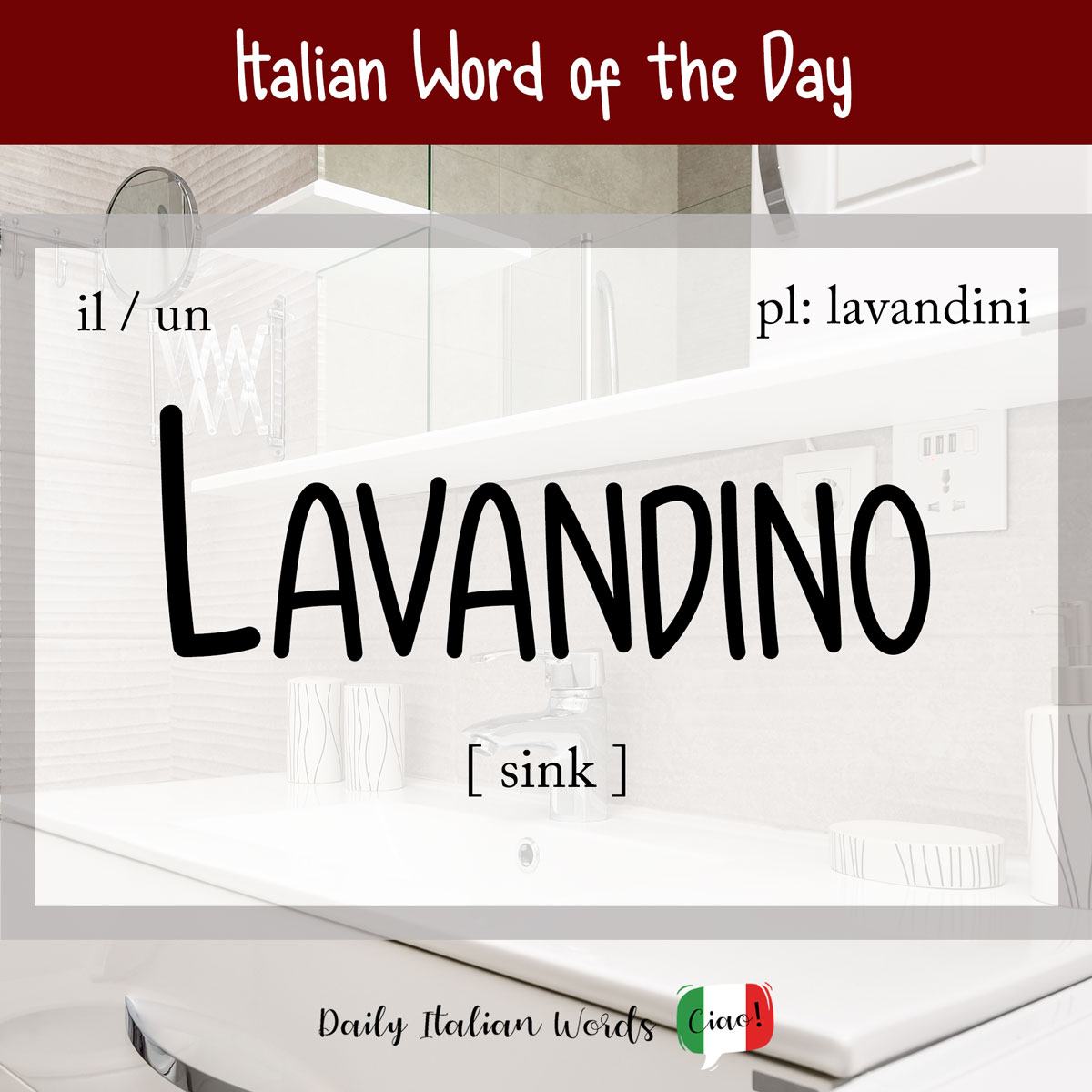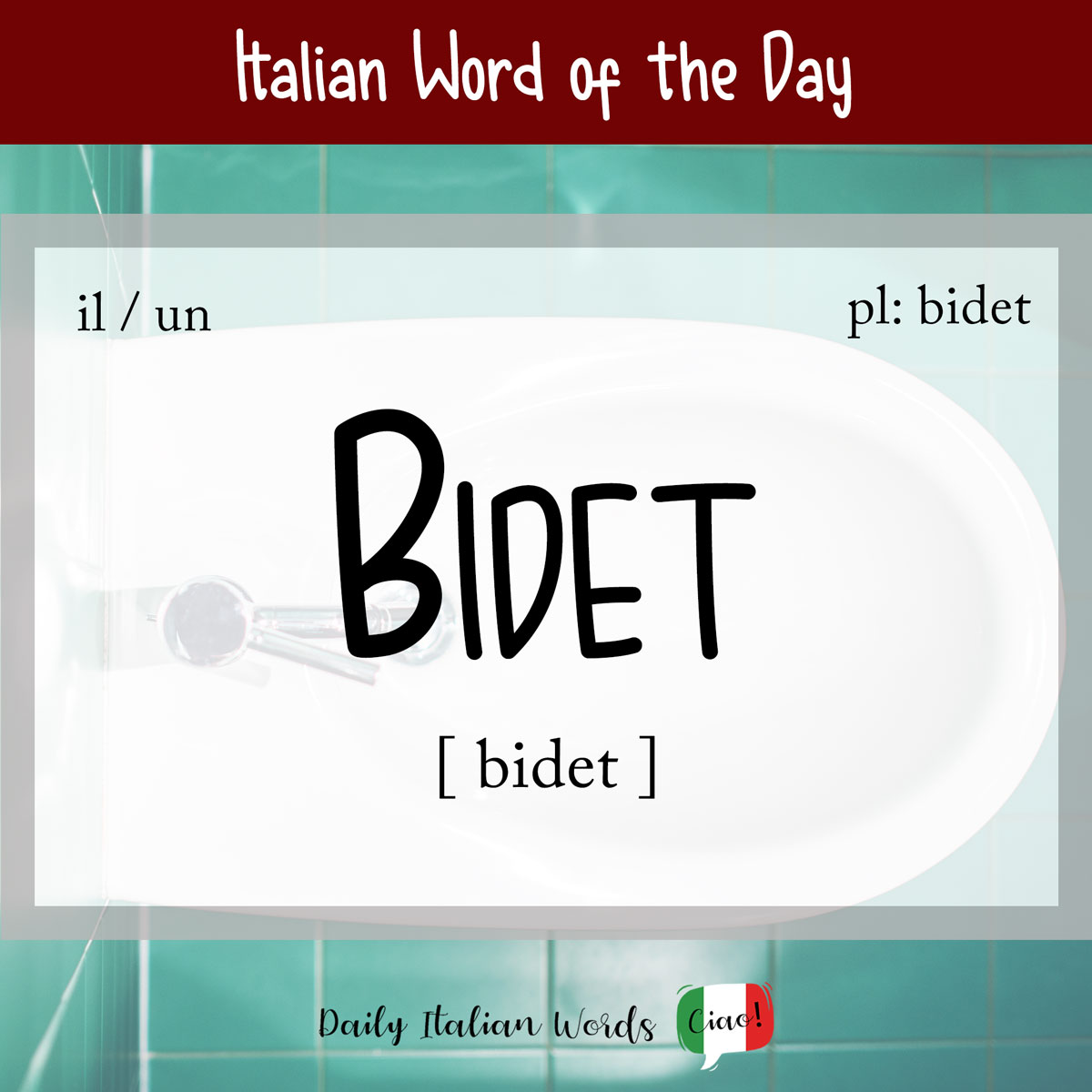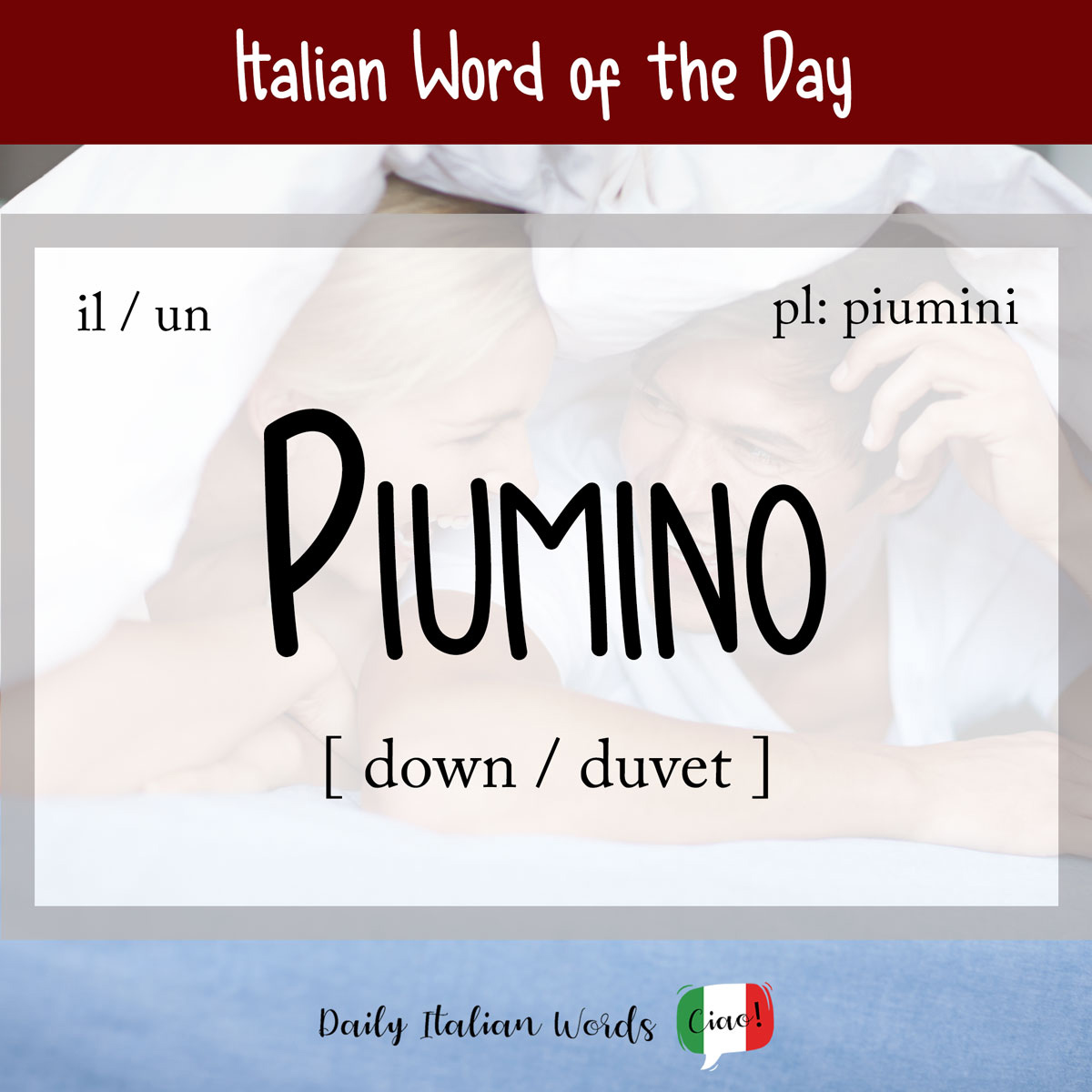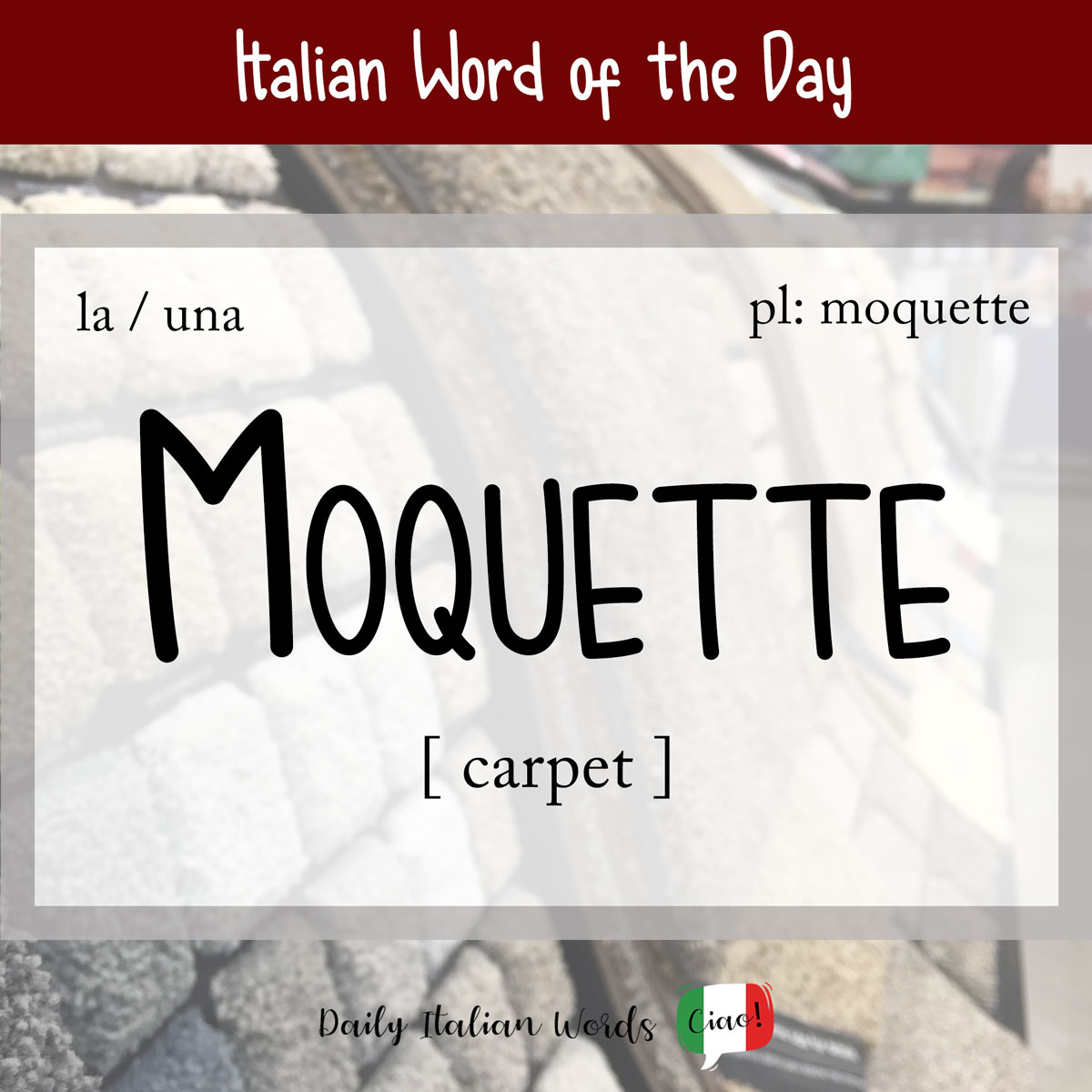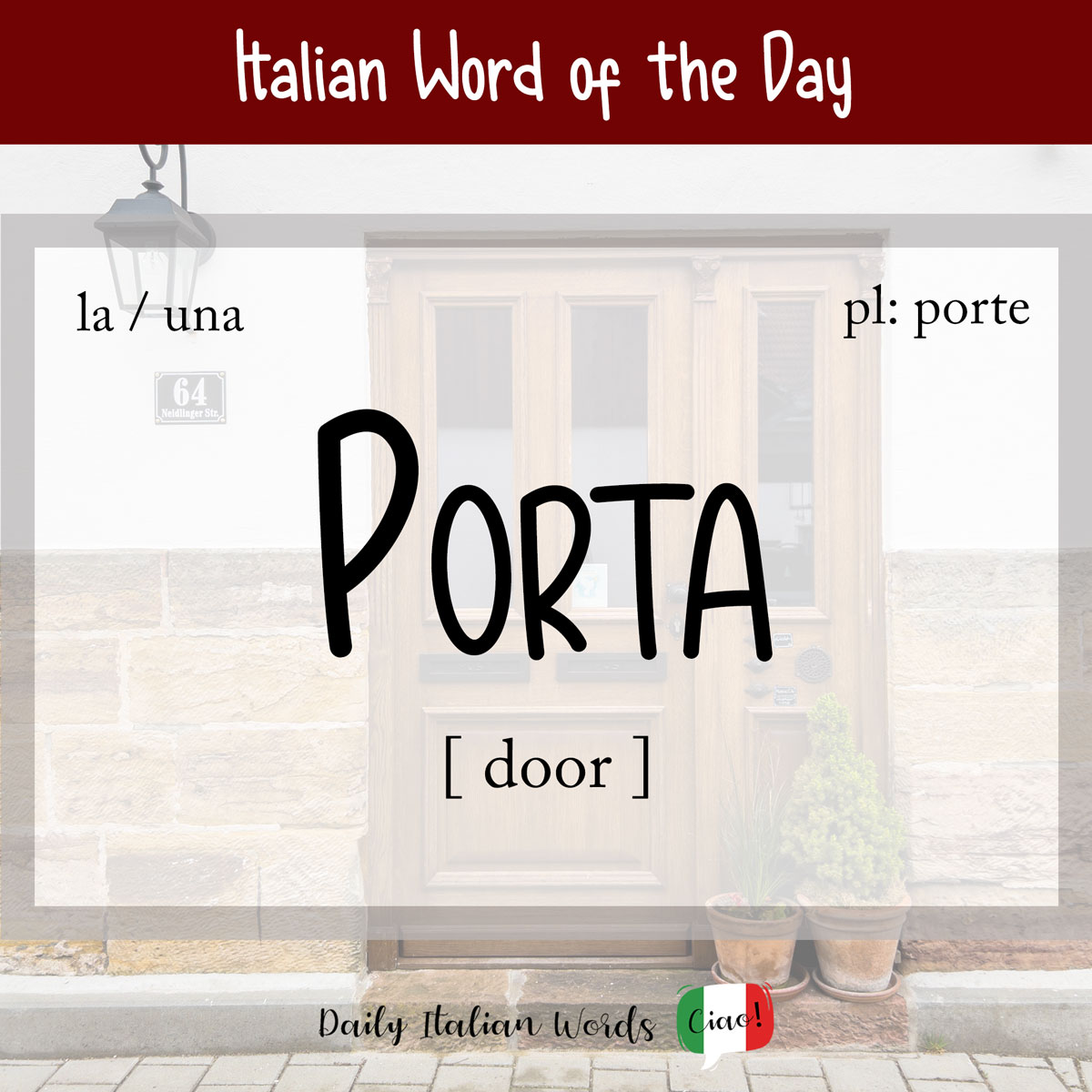Italian Word of the Day: Rubinetto (tap / faucet)
One of my favourite Italian words actually refers to a rather banal household object that we use multiple times throughout the day: the humble rubinetto, which is known as a tap in the UK, a faucet in the US, or a spigot in technical terms. rubinetto tap / faucet The etymology of this word is …

